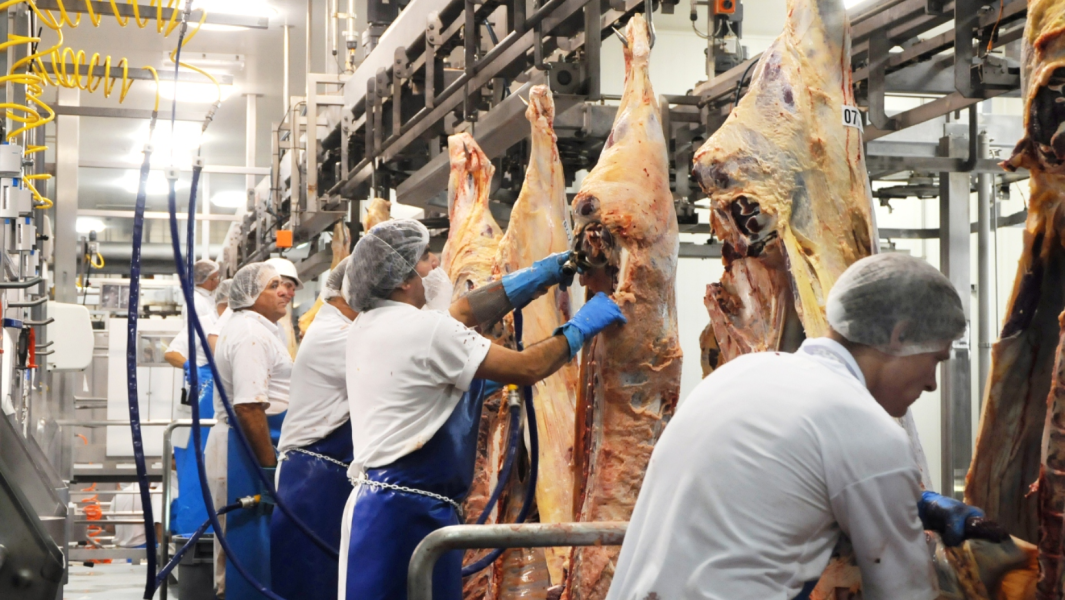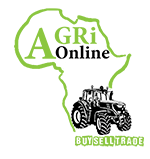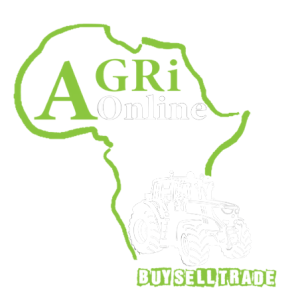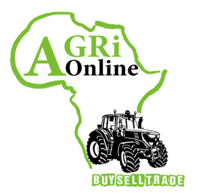Archives
- Home
- News
- Posts
- Agri Orbit
- The role of veterinarians at South African abattoirs
The role of veterinarians at South African abattoirs
- Agri Orbit
-
Jul 15
- Share post

Sustainability plays a key role in any industry. It is with this in mind that the Ruminant Veterinary Association of South Africa (RuVASA) gathered in Gqeberha from 9 to 11 May with the aim of discussing sustainability in the agricultural sector. Veterinarians whose daily tasks involve working with farm animals, play a key role in the food security of the country and they have a big responsibility to take decisions that will benefit the national livestock industry.
In terms of regulations, Dr Gerhard Neethling, general manager of the Red Meat Abattoir Association of South Africa, discussed abattoir regulations and certification, as well as the role of veterinarians with regard to the safety of meat in the abattoir industry. Stockfarm spoke to him about the specific role that veterinarians play at abattoirs.
Meat inspections at abattoirs
According to Dr Neethling, the Meat Safety Act, 2000 (Act 40 of 2000) stipulates that all abattoir owners must make use of independent meat inspection services. Putting this piece of legislation in place took some time, but an independent meat inspection service was finally set up in 2017, according to which private institutions must be appointed to perform these services on behalf of the state and the meat industry.
At that time, he said, the state had hired eight service providers to conduct meat inspections. One of the key aspects of the meat inspection scheme is that veterinarians are now responsible for all the services provided at an abattoir.

New responsibilities
“Up until that time a veterinarian was only involved when a carcass was held back for possible rejection. This has changed and he or she is now responsible for the overall supervision of all aspects of an abattoir, including regulatory aspects such as animal welfare and abattoir hygiene, slaughter processes, refrigeration of the product, and documentation systems. The veterinarian therefore does more than simply examine rejected carcasses. This process gives the consumer the assurance that the product received from an abattoir is safe for consumption.”
In terms of this new meat inspection service, Dr Neethling is of the opinion that there is no better example of One Health (the global application of animal health). “Firstly, a veterinarian is responsible for providing healthy animals to an abattoir, and this includes the welfare and health of an animal, as well as the responsible use of veterinary products.
“Thereafter, the veterinarian, by supervising the processes at an abattoir (including meat inspections), is responsible for ensuring that the product reaching the consumer is healthy and properly chilled.”
The veterinarian is also tasked with supervising the handling of all rejected risk and waste products from the abattoir. This means he or she is also responsible for the health aspects in the abattoir environment.
Responsibility of producers
Since the Department of Agriculture, Land Reform and Rural Development published the regulations in 2004, the entire value chain has been responsible for providing safe meat. In light of this, said Dr Neethling, the days of a producer offering an unhealthy animal in the hope that the meat inspector will turn a blind eye is gone.
“The regulations make provision for a few things. For instance, in the health declaration submitted to an abattoir, the producer can indicate that the animals are healthy, that the producer has an animal health programme in place, that there are no abnormal mortalities, and that his or her animals are residue-free or were not given treatments that could make the product unsafe for consumers.”
Another important point Dr Neethling emphasised is that producers who want to deliver treated, vaccinated or dosed animals to an abattoir must submit a certificate indicating which treatment was given to the animals, as well as the withdrawal period of these treatment products, in order to confirm that the withdrawal period has been complied with. – Carin Venter, Stockfarm
For more information, contact Dr Gerhard Neethling on 082 551 7232 or gerhard@rmaa.co.za.





